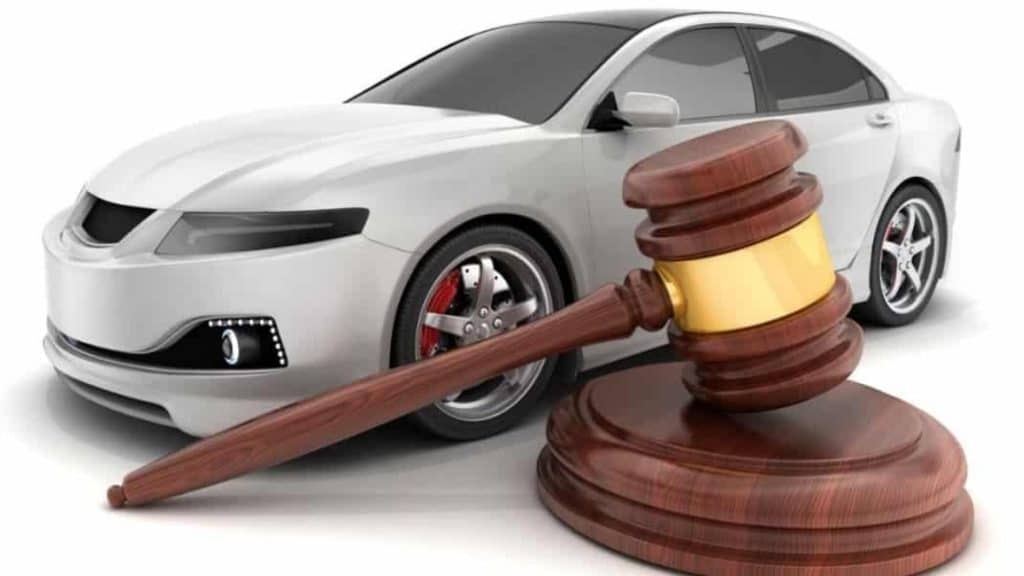Car accident claims can become complicated, especially if there are specific factors that may influence the outcome of your case. What happens if you have a poor driving record before the crash? Can the at-fault party turn the situation around and blame you for the accident because of your poor driving history?
While your prior driving history typically shouldn’t hinder your ability to seek compensation for an accident resulting from another driver’s negligence, there are instances where the at-fault party’s insurer might attempt to leverage your past driving record to undermine your credibility, particularly in legal proceedings.
This is why understanding how a poor driving record can affect an injury claim is critical, allowing you to take proactive measures to safeguard your case.
What Constitutes a Bad Driving History?
A “bad driving history” records traffic tickets, accidents, or offenses a driver has acquired over time. This history may include infractions like speeding tickets, reckless driving penalties, DUI (Driving Under the Influence) convictions, at-fault accidents, and license suspensions or revocations.
Essentially, any behavior or activity on the road that violates traffic laws or jeopardizes safety might contribute to a poor driving record. However, accidents may not always reflect a poor driving record. If you did not cause the crash, a previous crash record may not affect your case.
How Long Does an Accident Remain on My Driving Record?
Any accident you are involved in, regardless of who is at fault, will appear on your driving record. Moreover, the length of time an accident remains on your driving record is determined by several factors, including the state in which it occurred and the severity of the crash.
For instance, a minor accident usually ends on file three to five years after the crash. But in more severe situations, such as DUI or hit-and-run incidents, the sentence may be up to ten years. Remember that the duration depends on the state, so verifying the jurisdiction in your area is essential when determining how long the accident will stay on your record.
How Bad Driving History Affects Your Car Accident Claim
Although your driving record ideally should not impact your eligibility for compensation, some insurance providers might leverage your history of driving infractions to assert that you have a pattern of irresponsible driving behavior. This could lead to various arguments from insurance companies regarding your driving history.
Impact on Credibility
Insurance adjusters may challenge your reputation as a responsible driver if you have a history of traffic citations or accidents. They may allege that your careless driving contributed to the current collision.
If your narrative differs from your driving record, your credibility may be called into question. Insurance adjusters may see discrepancies or contradictions as indicators of dishonesty or unreliability, making it challenging for them to believe your assertions about the accident.
Liability Dispute
Even if you were not at fault for the accident, the other driver’s insurance company may blame you and deny your claim if you have a history of traffic violations. This is especially likely if the circumstances of the collision coincide with your previous infractions.
For example, if you have a history of many DUI citations and the accident involved drunk driving, your credibility as a driver and innocence in the accident may be called into doubt.
This is why you must have sufficient evidence to prove your side of the story. Photos of the accident scene, witness testimonies, and police reports help justify your claim.
Reduced Settlement
If the insurance company cannot entirely blame you, it may attempt to reduce your payout by establishing that you were partially responsible for the accident. Sometimes, it can also downplay your injuries, depending on the circumstances of the collision.
Let’s say a distracted driver hits you. The insurance company tried to check if you bore some responsibility for your injuries and determined that you weren’t wearing a seatbelt during the crash. They then argued that your injuries should not have been worse if you used a seatbelt to reduce your settlement.
Depending on your state’s jurisdiction, you may receive reduced compensation or have your case dismissed if the court finds you partly liable for the crash. In such a case, you should hire a personal injury lawyer who can prove the other party’s liability and your innocence in the collision.
Do I Need a Car Accident Lawyer to Defend My Case?
The truth is, claiming compensation for an accident is not always a smooth-sailing process. Note that insurance companies will always try their best to reduce the settlement or dismiss your case to avoid shedding large amounts of money.
For instance, a drunk driver hits you in Victorville. The insurance provider then checked your driving history and discovered you had several speeding tickets. They then tried to argue that you were partially responsible for the crash for overspeeding, reducing your settlement.
In this case, a car accident lawyer can safeguard your legal rights and ensure you receive fair treatment throughout the claims process. They can fight for you, negotiate with insurance companies, and, if necessary, take legal action to get the settlement you deserve.
Overall, a poor driving record can undermine your credibility in a car accident claim. Therefore, it is critical to address any issues about your past behavior and offer a solid case to support your claims. Seeking legal advice from an experienced attorney can also help you negotiate these challenges and effectively advocate on your behalf.
